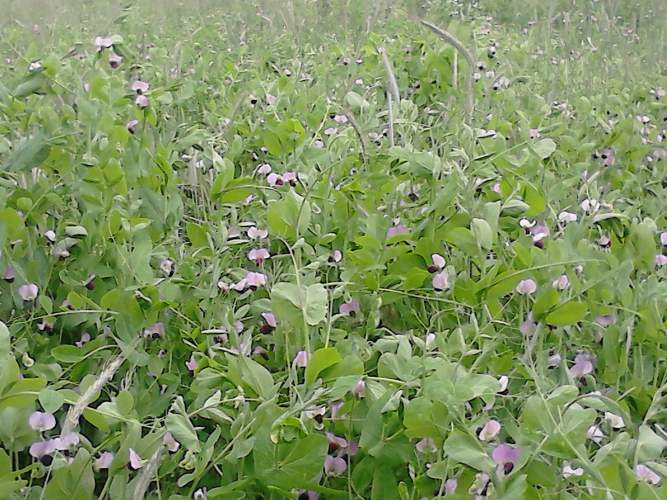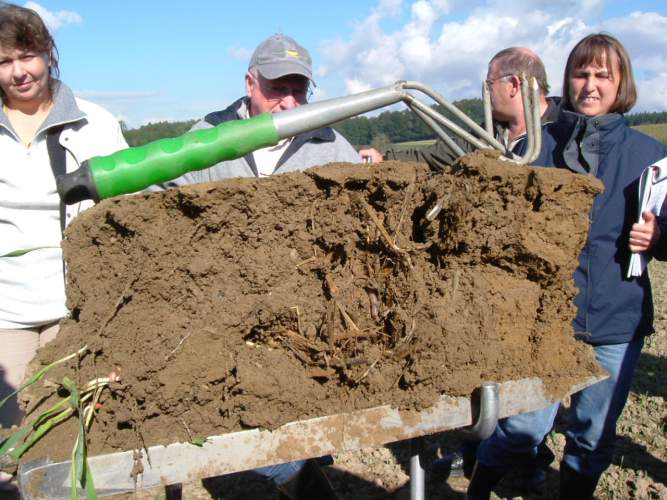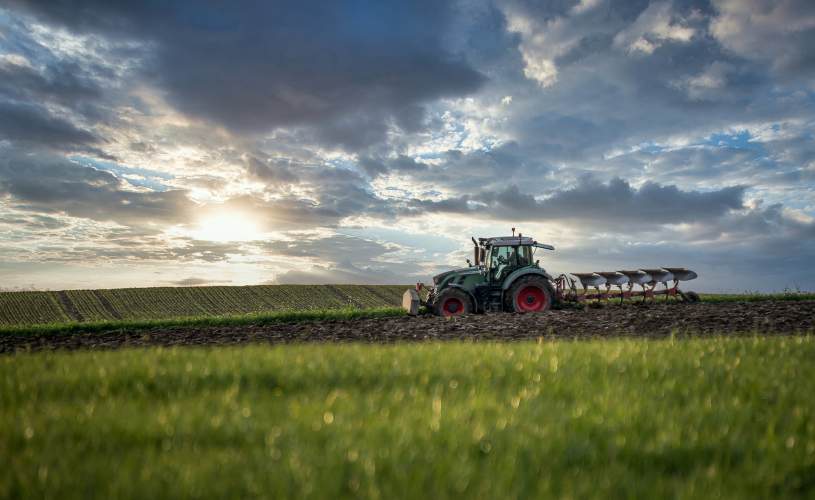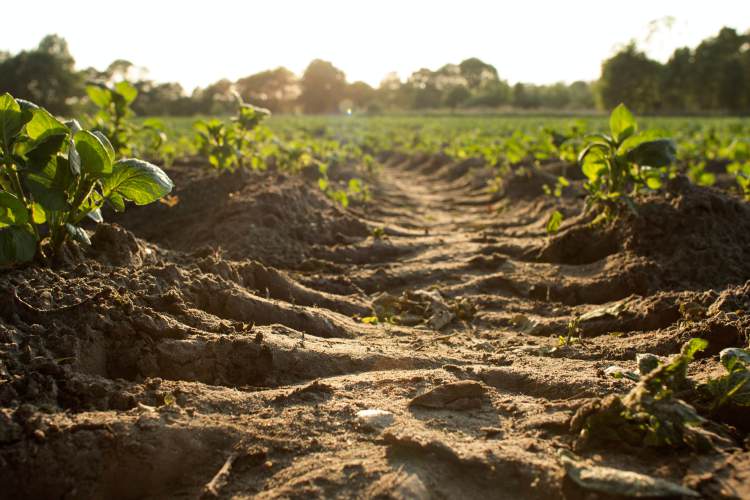No-Till or Plough?
No-till – is strongly advocated in many publications. In conventional systems, however, it often leads to soil compaction and increased nitrous oxide production (300 times more effective than CO2). It is also associated with increased use of total herbicides (e.g. glyphosate/Round-UP) and can create unbalanced pore systems that impair water retention and purification.
It also does not help climate protection, firstly because of the increased nitrous oxide formation, and secondly because it has now been proven (in several metastudies) that no additional CO2 is bound in the soil (see below >). Only the Corg content of the upper soil layers increases, while it decreases in the lower layers.
However, if “no-till” is combined with diverse crop rotations and catch crops, mixed crops and undersowing, then biological loosening can replace technical loosening and the plough can be dispensed with more and more often. Diversity helps to suppress weeds and also promotes soil life and humus build-up.
Tillage is an important issue in soil management. To assess the condition, it is not helpful just to count the earthworms. Earthworms also feel at home in compacted soils and are therefore not an informative indicator of a healthy structure. Their macropores can pose a threat to groundwater due to the rapid runoff of leachate and the resulting reduced biological purification. The buffer and filter function of soils is only sufficient with a healthy, non-compacted structure.
> Luo et al (2010): Can no-tillage stimulate carbon sequestration in agricultural soils? A meta-analysis of paired experiments
Offer: No-till or plough? – Advantages and disadvantages of soil management techniques – lecture or seminar.
Offer: Soil loosening with plants – lecture or seminar.
Offer: How does a healthy soil structure develop and how can it be investigated? – Lecture or seminar
Read more:
Beste, A. (2022): GREENWASHING & HIGH TECH – Faking it: (un-)sustainable solutions for agriculture.
Beste, A. (2018): SoilMatters …. On humus, soil structures & the limits of no-till. On ARC2020



